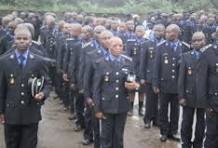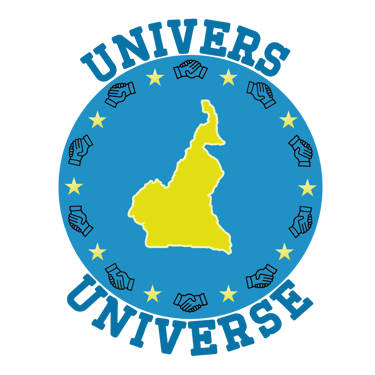Chapter 13 – The National Police


The term Police here refers to all state officers responsible for maintaining public order by ensuring that the laws and regulations contributing to security, public health, and public peace are respected by all citizens. As mentioned regarding the military, the national police suffers from issues of misdirection and even misuse of its function—issues that the process of Reconstruction must urgently address.
Problem
The Cameroonian police force was established by colonial powers. At the time, its mission was to facilitate colonial occupation by suppressing any resistance movements. After Cameroon gained independence, this police force became an instrument of a neo-colonial regime, tasked with protecting it from political opponents. Today, it seems that the national police has also aligned itself with many of the very ills that plague Cameroonian society.
The presence of a police officer is far from reassuring to ordinary citizens. In fact, people panic and tremble at the mere sight of the police. This is due to the fact that the police are more often associated with acts of repression—even harassment—than with protection.
Solution
The UNIVERS Party seeks to establish a police force that serves the people.
For example, a police officer stationed at an intersection should guide road users to obey traffic rules in order to prevent congestion—without resorting to intimidation tactics such as confiscating vehicle documents. A police officer should be the person who helps a tourist find their way, or who assists pedestrians in safely crossing the street. A police officer should be someone who comes to the aid of citizens in distress.
The police must be at the service of national development and the well-being of the people.
To this end, intelligence gathering must play a central role in police activities. However, intelligence must go beyond political surveillance, which is its primary focus today. It should extend to all sectors of national life, to provide decision-makers with accurate and timely information for effective governance.
For instance, police intelligence should be able to:
Detect when a public road is damaged
Report the collapse of a bridge
Note the lack of medical equipment in hospitals
Identify shortages of teaching staff in educational institutions
In this vision, the National Police becomes a proactive force, contributing positively to public safety, infrastructure monitoring, and social welfare—rather than being a source of fear and repression.
